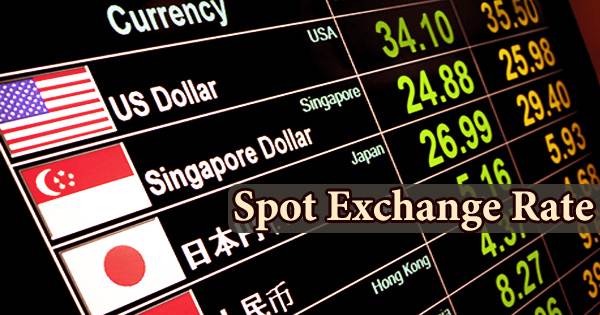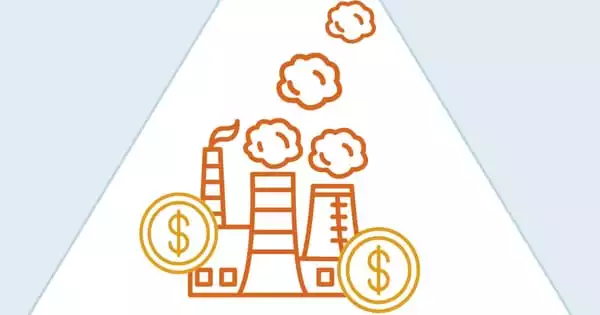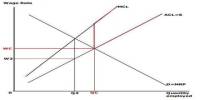A market distortion is an event in which a governing body intervenes in a market. Market distortions are events, decisions, or interventions made by governments, companies, or other agents, often in order to influence the market. In neoclassical economics, a market distortion is any event in which a market reaches a market-clearing price for an item that is significantly different from the price that a market would achieve under perfect competition and state enforcement of legal contracts and private property ownership. They are frequently the result of market failures, i.e., circumstances that prevent perfect competition and the achievement of optimal market equilibrium.
Market distortion, according to free-market purists, is any situation in which prices are determined by factors other than the unfettered forces of supply and demand. A distortion is defined as “any deviation from the ideal of perfect competition that interferes with economic agents maximizing social welfare while maximizing their own.” True free markets, by that definition, are scarce. A wage-income tax, for example, is distortive, whereas a lump-sum tax is not. In a broader sense, market distortion refers to any interference that has a significant impact on prices and, in some cases, risk-taking and asset allocation. A proportional wage income tax discourages work in a competitive equilibrium.
In perfect competition with no externalities, there is no distortion at the market equilibrium of supply and demand, where price equals marginal cost for each firm and product. A measure of distortion is the difference between the market price of a good and its marginal social cost, or the difference between the marginal rate of substitution in consumption and the marginal rate of transformation in production. In general, it sees the market-clearing price for an item differing significantly from the price that a market would achieve under perfect competition.
Market distortion is the absence of free and open competition in a market, which can be caused by intentional actions or by market conditions. Further distortion occurs when governing bodies intervene to regulate the market, such as by establishing price floors or ceilings or by providing tax breaks. Most mainstream economists long ago concluded that the government’s market distortion was both necessary and desirable in order to protect people from the sometimes harsh nature of markets. Government regulations intended to protect the general well-being of all market participants are viewed as distortions by market purists but are widely popular.
Most market distortions are caused by governments, including regulation, subsidies, taxes, and tariffs. Such a deviation could be caused by government regulation, monopoly tariffs, and import quotas, all of which, in theory, could lead to rent-seeking. At the same time, central banks have been accused of distorting markets through monetary policy and asset purchases in recent decades. Uncorrected externalities, different tax rates on goods or income, inflation, and incomplete information are all sources of distortion. Some of the world’s largest corporations also wield enough clout to distort their respective markets. Each of these could result in a net loss of social surplus.
















